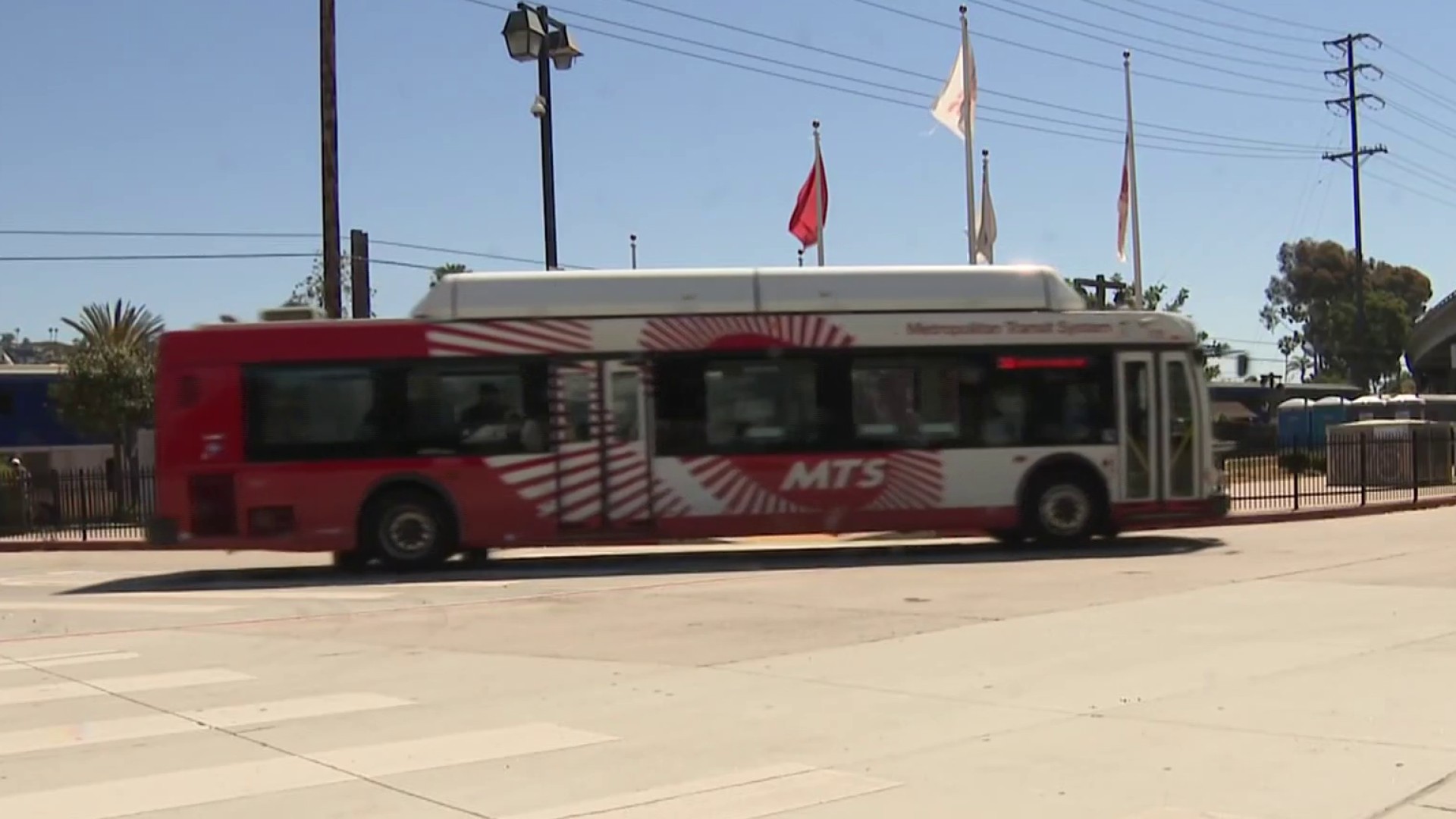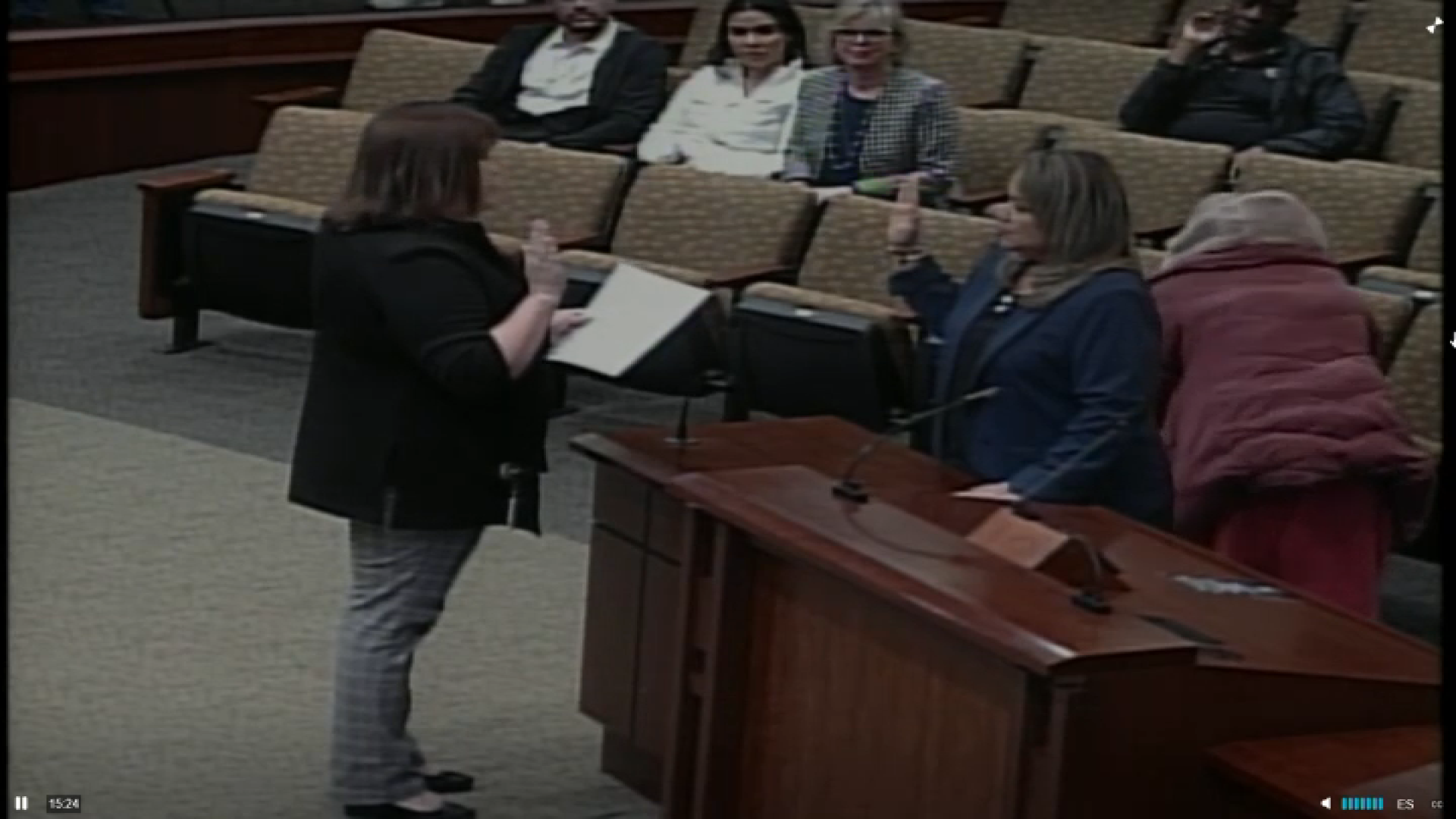Prop 1, which reimagines how the state and counties allocate funding for housing and mental health services, passed narrowly statewide
For two decades, the state has collected a so-called Millionaire's Tax, a 1% income tax on people making more than a million dollars a year.
While in the past, the money has been spent on mental health services, Prop 1 reimagines that allocation with a focus on increased treatment facility space and housing across California.
Now that voters have approved the proposition, San Diego County Board of Supervisors chair Nora Vargas said the board is working to build infrastructure to support implementing Prop 1. She said local government should have a better idea of what the revenue-stream and spending-expectations will look like come fall.
Get San Diego local news, weather forecasts, sports and lifestyle stories to your inbox. Sign up for NBC San Diego newsletters.
"I'll be working on that, and moving forward and ensuring that we bring those resources back into our communities and ensure that we do what Proposition 1 was supposed to do or is supposed to do, which is help the most vulnerable members of our communities: our veterans, our mental health care patients and the people who really deserve this, these services," Vargas said.
Under Prop 1, which failed by a slim margin in San Diego County, the state will collect 10% of the revenue from the Millionaire's Tax, as opposed to the current 5%, before sending the revenue to county governments. The prop also gives counties less discretion over how to spend the funds, although Vargas said it puts in place the infrastructure to offer a more holistic approach to mental health care and housing.
"This allows us to look at things from a comprehensive perspective, and it allows us to deliver what they need," Vargas said.
Decision 2024
According to UCSD political science professor Thad Kousser, county governments will still bear the burden of enacting the policy that is borne from Prop 1.
"Gavin Newsom, when he declared victory on Prop 1, said now's the time for cities and counties to step up," Kousser said. "And I think that correctly notes that a lot of the decisions about how to put this into place, about what's the balance of spending on mental health treatment versus spending on housing — where are these new projects going to go? Whose backyard will new housing projects for veterans and for others be sited? A lot of that will still be in the control of cities and counties. They're still going to be held responsible. And that means San Diego lawmakers will have a large role in how Prop 1 becomes reality."
Throughout the Prop 1 campaign, San Diego County Supervisor Joel Anderson expressed concerns about San Diego losing funding for behavioral services under the Prop 1 structure. He told NBC 7: "We will work with county staff to try to implement Prop 1 in a way that maintains services and supports our communities. However, we need more information about what money will be coming in before making any changes to our behavioral health services."



